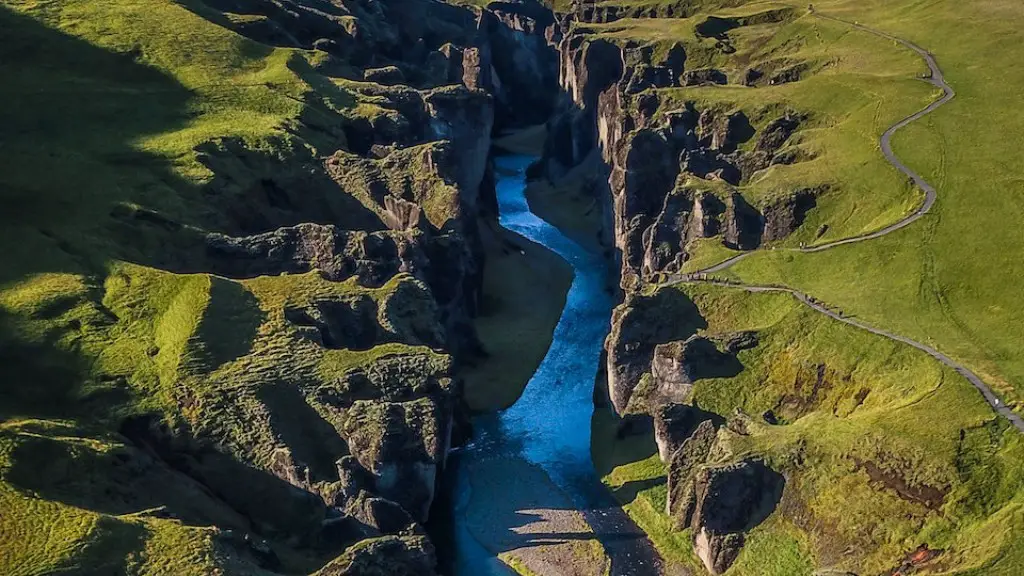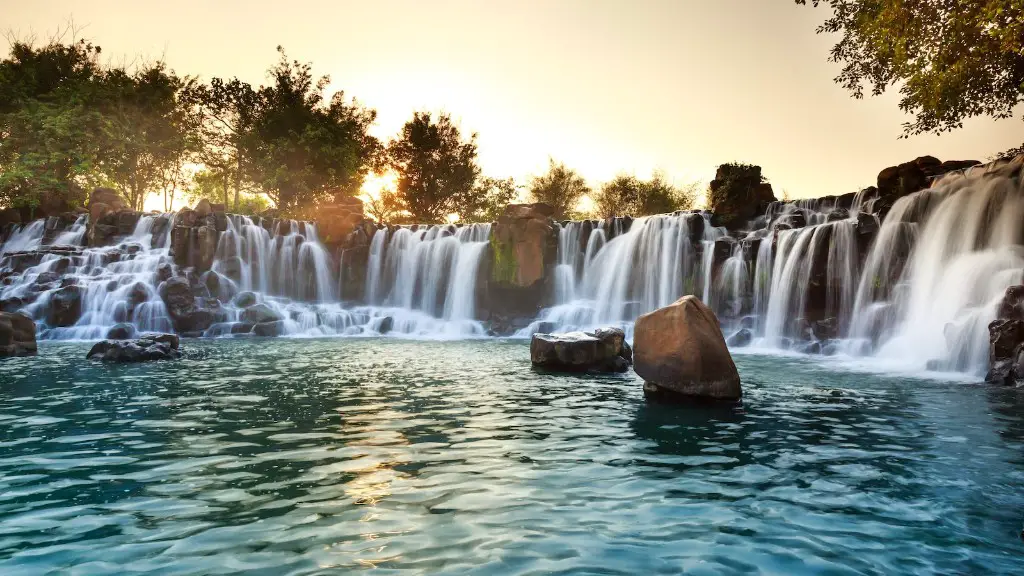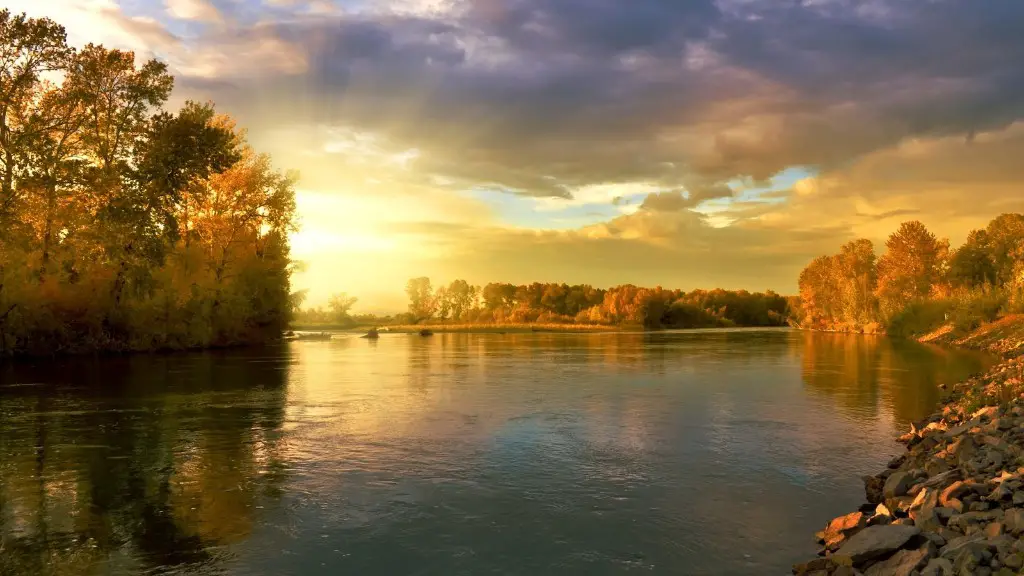Historical and Natural Significance
The Mississippi River Delta is an expanse of sediments and soils that extends over 6,000 square miles and is one of the world’s most diverse and productive ecological systems. Historically, it has been home to the Chitimacha, Houma, Chawasha, and other indigenous peoples. The Mississippi Delta has provided hundreds of miles of outdoor recreation opportunities, and its sun-soaked wetlands, crystal-clear with water, offer excellent opportunities for wildlife viewing. Alongside its rich history and diverse wildlife, the Mississippi Delta is an area of immense commercial and recreational importance.
Climate Change Impact
Climate change has had a huge impact on the Mississippi Delta of late. The coast of Louisiana is eroding at a rate of 16-32 feet per year, drastically reducing habitat for the hundreds of species that call it home. In addition, fast-acting hurricanes, rising sea levels, and increased temperatures are posing a challenge to coastal lifestyles in the Mississippi Delta, as they contribute to flooding and sediment buildup in the wetlands. The delta is also at risk from oil and gas development, particularly the large-scale drilling and offshore extraction of natural gas and oil. In response to these threats and pressures, several government-funded projects have been launched to restore and protect the delta, including the Louisiana Coastal Protection and Restoration Program.
The Role of the Government
The US government has long played a role in the management of the Mississippi Delta. For example, since the 1940s, the US Army Corps of Engineers has been tasked with monitoring and protecting the delta from rising sea levels, hurricane storm surges, and other natural threats. The Corps of Engineers has also been involved in dozens of projects to mitigate the impacts of human activity on the delta. The US Environmental Protection Agency (EPA) is also responsible for the monitoring and protection of the Mississippi Delta. The EPA has implemented rules to limit pollution and other activities that can damage the delta, and is working with the Corps of Engineers on restoration projects that aim to protect the ecosystem.
Economic Importance
The Mississippi Delta is extremely important to the US economy as it is responsible for a large proportion of the country’s agricultural exports. Tomatoes, sugar cane, corn, soybeans and cotton are all grown in the Delta and shipped to US and global markets. In addition, the delta is home to several large oil and gas production plants which supply much of the country’s energy needs. Tourism is another important sector in the region, with millions of visitors each year flocking to the Delta for its lush scenery, rich culture and abundant wildlife.
Environmental Significance
The Mississippi Delta plays an important role in the US environment. The rich aquatic and terrestrial wildlife in the Delta is a major contributor to the US’ biodiversity, and it provides habitat to several endangered species, such as the American alligators, brown pelican and Gulf sturgeon. In addition, the rivers and wetlands of the Delta act as a natural filter, holding pollutants and preventing them from entering the Gulf of Mexico.
What the Future Holds
The future of the Mississippi Delta is uncertain. The development of the oil and gas industry continues to pose threats to the Delta’s fragile ecosystem, and rising sea levels could have drastic impacts on its habitat. In addition, the delta is still subject to floods, hurricanes and other natural disasters which can cause long-term damage. However, with the right strategies in place and collaborations between various government agencies, the Mississippi Delta can be protected and restored for future generations to enjoy.
Conservation and Education
To ensure that the Mississippi Delta can be protected and restored, it is important to continue to educate the public on the Delta’s significance and importance. To this end, several non-profit organizations and educational institutions have launched initiatives and programs to educate citizens on the importance of the delta and how they can help in its conservation. These initiatives include environmental seminars, field trips, and volunteer opportunities to help restore the habitats of the Delta.
Reclamation Projects
In addition to conservation and education efforts, several reclamation projects have been launched over the years to restore the Mississippi Delta. Projects such as the Birds Point-New Madrid Floodway Project and the Louisiana Coastal Protection and Restoration Program are attempting to mitigate the impacts of man-made and natural disasters on the delta, as well as restore key habitats for wildlife. These projects are ongoing, and with the help of conservation efforts, they could help to protect the Delta’s unique ecosystems for future generations.
Restoration Efforts
Restoration efforts are an important part of protecting the Mississippi Delta. To this end, the US Government has implemented several actions to restore the Delta, including the Coastal Ecosystem Restoration Partnership Program and the Coastal Wetlands Planning, Protection and Restoration Act. The first is designed to support restoration activities, while the second is responsible for protecting and restoring the delta’s fragile wetlands. In addition, the US Department of Interior is helping to restore the delta by funding research projects and working with local groups to increase public awareness and conservation efforts.
Conclusion
The Mississippi Delta is an important part of US history and culture, as well as a unique natural ecosystem. To ensure its future, it is important to continue to educate the public and implement reclamation and restoration projects. If citizens and government agencies work together, the Delta will be able to continue to thrive for generations to come.


